Alternative Therapies for Enhancing Fertility

Exploring Complementary Approaches to Support Your Reproductive Health
When it comes to fertility, many patients explore more than just traditional medical treatments like IVF or IUI. Alternative and complementary therapies have gained popularity as supportive tools to improve reproductive health, reduce stress, and enhance overall well-being during the fertility journey. While these therapies should never replace medical care, they can play a valuable role in supporting your body and mind. Here are some of the most researched and commonly used alternative therapies for enhancing fertility.
1. Acupuncture
Acupuncture is one of the most widely studied alternative therapies in fertility care. By stimulating specific points on the body, it may help:
- Improve blood flow to the uterus and ovaries
- Regulate menstrual cycles
- Reduce stress and anxiety
- Support hormonal balance
Research shows that acupuncture before and after embryo transfer may improve implantation rates in some patients undergoing IVF.
2. Herbal Medicine
Traditional Chinese Medicine (TCM) and other herbal remedies are used to address fertility issues like irregular ovulation, low ovarian reserve, and endometrial health. Common herbs include:
- Vitex (Chasteberry): Supports progesterone levels
- Maca Root: May improve libido and hormonal balance
- Red Clover and Dong Quai: Used to support menstrual health
⚠ Important: Always consult your fertility specialist before using any herbal supplements, as they can interact with medications or affect cycle outcomes.
3. Yoga and Meditation
Stress can impact reproductive hormones and ovulation. Mind-body practices like yoga and meditation have been shown to:
- Lower cortisol levels
- Improve emotional resilience
- Promote relaxation and blood flow
Fertility-focused yoga programs often include poses that support pelvic circulation and reduce tension in the lower body.
4. Nutrition and Functional Medicine
A personalized diet and nutrient-rich lifestyle can significantly impact fertility outcomes. Key principles include:
- Eating anti-inflammatory foods (leafy greens, berries, omega-3s)
- Supporting insulin sensitivity (especially for PCOS)
- Ensuring adequate levels of vitamin D, folate, and iron
- Reducing exposure to endocrine disruptors in food and packaging
At RCA, we often work with fertility dietitians to support your medical treatment plan holistically.
5. Massage Therapy and Fertility Massage
Abdominal or uterine massage techniques may help reduce adhesions, improve circulation, and support hormone regulation. Techniques such as the Maya Abdominal Massage are often used in the weeks prior to an IVF cycle.
6. Reiki and Energy Healing
While scientific data is limited, some patients find emotional and energetic support through practices like Reiki, which aim to balance the body's energy fields and reduce stress.
When to Consider Alternative Therapies
These therapies may be helpful if you:
- Have unexplained infertility
- Want to reduce stress during treatment
- Prefer a more integrative approach to reproductive health
- Are preparing your body for egg freezing, IVF, or donor cycles
1. Acupuncture
Acupuncture is one of the most widely studied alternative therapies in fertility care. By stimulating specific points on the body, it may help:
- Improve blood flow to the uterus and ovaries
- Regulate menstrual cycles
- Reduce stress and anxiety
- Support hormonal balance
Research shows that acupuncture before and after embryo transfer may improve implantation rates in some patients undergoing IVF.
2. Herbal Medicine
Traditional Chinese Medicine (TCM) and other herbal remedies are used to address fertility issues like irregular ovulation, low ovarian reserve, and endometrial health. Common herbs include:
- Vitex (Chasteberry): Supports progesterone levels
- Maca Root: May improve libido and hormonal balance
- Red Clover and Dong Quai: Used to support menstrual health
⚠ Important: Always consult your fertility specialist before using any herbal supplements, as they can interact with medications or affect cycle outcomes.
3. Yoga and Meditation
Stress can impact reproductive hormones and ovulation. Mind-body practices like yoga and meditation have been shown to:
- Lower cortisol levels
- Improve emotional resilience
- Promote relaxation and blood flow
Fertility-focused yoga programs often include poses that support pelvic circulation and reduce tension in the lower body.
4. Nutrition and Functional Medicine
A personalized diet and nutrient-rich lifestyle can significantly impact fertility outcomes. Key principles include:
- Eating anti-inflammatory foods (leafy greens, berries, omega-3s)
- Supporting insulin sensitivity (especially for PCOS)
- Ensuring adequate levels of vitamin D, folate, and iron
- Reducing exposure to endocrine disruptors in food and packaging
At RCA, we often work with fertility dietitians to support your medical treatment plan holistically.
5. Massage Therapy and Fertility Massage
Abdominal or uterine massage techniques may help reduce adhesions, improve circulation, and support hormone regulation. Techniques such as the Maya Abdominal Massage are often used in the weeks prior to an IVF cycle.
6. Reiki and Energy Healing
While scientific data is limited, some patients find emotional and energetic support through practices like Reiki, which aim to balance the body's energy fields and reduce stress.
When to Consider Alternative Therapies
These therapies may be helpful if you:
- Have unexplained infertility
- Want to reduce stress during treatment
- Prefer a more integrative approach to reproductive health
- Are preparing your body for egg freezing, IVF, or donor cycles









